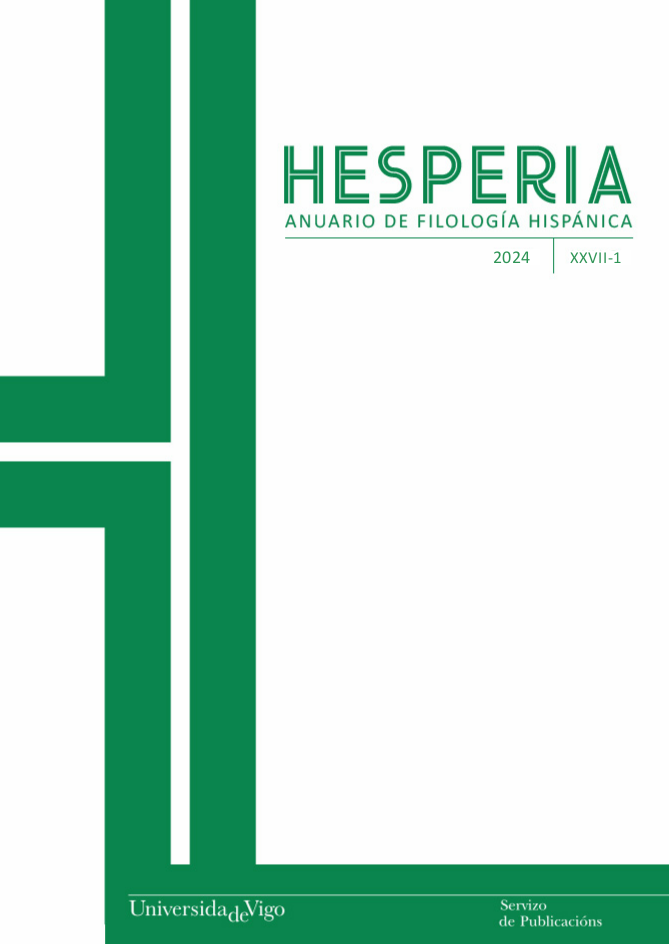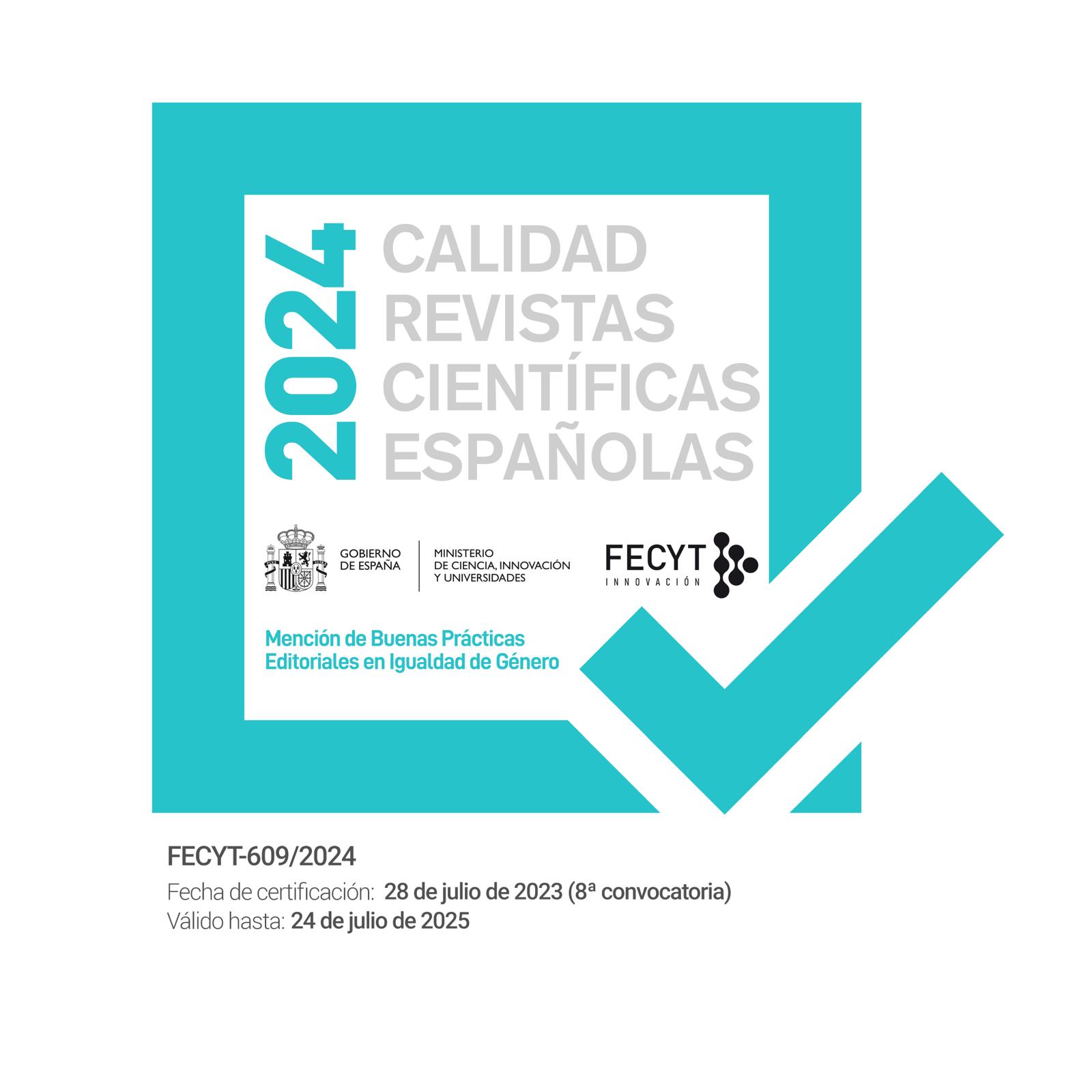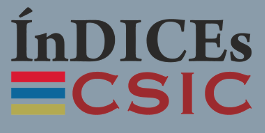Presencia de anglicismos en el periodismo científico: El caso del coronavirus
DOI:
https://doi.org/10.35869/hafh.v27i1.5568Palabras clave:
lenguaje médico; periodismo científi co; extranjerismos; anglicismos.Resumo
En los últimos años, el inglés ejerce una importantísima influencia en los lenguajes médicos de la gran mayoría de culturas como consecuencia de la supremacía económica, política y militar de los Estados Unidos, lo cual pone en peligro la creación de discursos científicos redactados en otras lenguas. Como consecuencia de esta preponderancia, se observa en el español médico actual fenómenos lingüísticos como los neologismos, los préstamos, los calcos o los falsos amigos, que han sido objeto de numerosos estudios y que, según sus autores, atentan contra los pilares básicos de todo lenguaje científico, esto es, la precisión, la corrección, la claridad y la concisión. Puesto que el inglés es la lengua habitual de las fuentes de información periodística, el desconocimiento lingüístico provoca que se incurra y se propicien errores terminológicos de gravedad que aparecen recogidos en la prensa y que producen modificaciones en la forma en la que la ciudadanía se expresa en su lengua materna. El presente trabajo tiene como fin estudiar la presencia de anglicismos en el periodismo científico español peninsular en el marco de la crisis coronavírica que acaparó la mayoría de las páginas de todos los periódicos a nivel mundial. Para ello, se han analizado los artículos sobre el coronavirus de tres de los periódicos (El Mundo, ABC y El País) de mayor tirada nacional durante los años 2020 y 2021 según los datos obtenidos de Comscore, años en los que la pandemia provocó un aumento del consumo de los medios digitales. Tras comprobar que la presencia de anglicismos es abrumadora a través de un número muy considerable de ejemplos, se ofrecen otras propuestas terminológicas basadas en la corrección y, muy especialmente, en la precisión y rigor lingüísticos que todo discurso médico exige, tal y como rezan los repertorios lexicográficos de las principales autoridades en materia de discurso médico.















